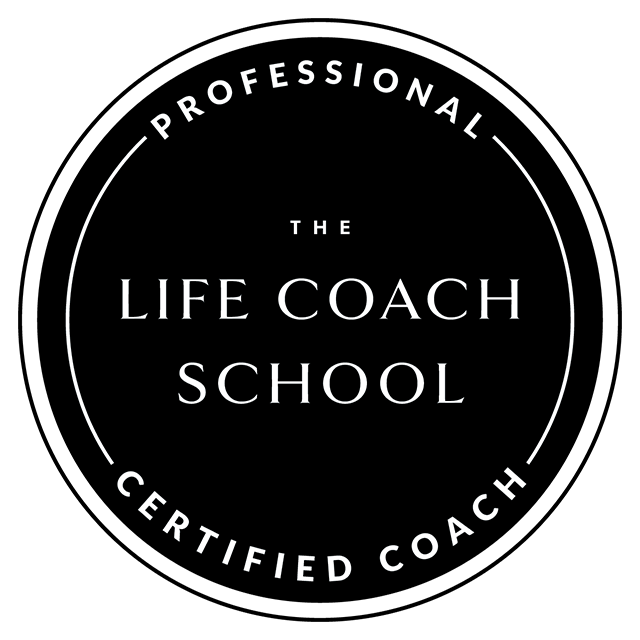Yes or No?
BACK TO EXPERIENCE HOMESophie talks about how we can benefit from starting with ‘Yes and no’ before we move on to ask ‘Yes or no?’ Also: what are the factors that might lead us to ignore our intuition when, deep down, we know it’s a ‘no’ but continue to pretend it’s a ‘yes’?

“The experience of having a book rejected and then realising later that you wouldn’t have wanted to put it out there as your first published book anyway… that’s a really valuable experience. It enabled you to practise failing, practise feeling the painful feelings that come with disappointing results, and learn that actually events ended up working in your favour despite the pain – because you wouldn’t ultimately have wanted that book to be published. So, you learned how to take your writing to the next level and (although there was some pain) nothing actually went wrong. In this way, we can learn to associate pain and disappointing results (which are always part of any writer’s life, no matter how high-earning or bestselling they are!) with exactly what needs to be happening in order to get us to the next level of our writing lives/selves, rather than (as most people do) with something having gone wrong.”